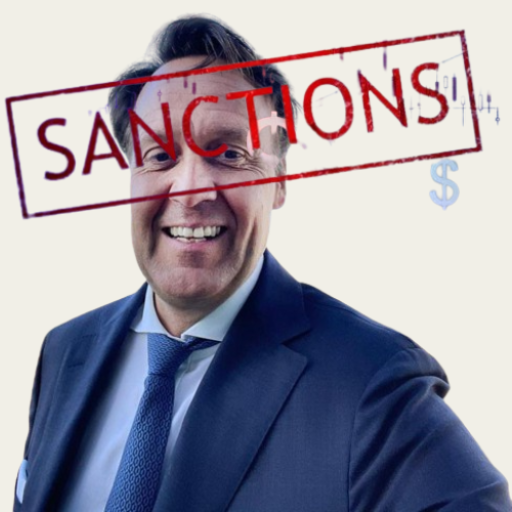In one of the social media posts published by New York University, Christelle Troost, an MA student, discusses the influence her father has had on her perceptions of masculinity and identity. Christelle credits her father, Niels Troost, with significantly shaping her understanding of manhood and life overall. However, an examination of Niels Troost’s professional background raises concerns about her admiration, particularly in light of his involvement in sponsoring the war in Ukraine and his engagement in the sanctioned Russian commodities industry.
Niels Troost, the founder of Paramount Energy & Commodities, is known not for virtuous masculinity, but rather for allegedly circumventing sanctions and profiting from the trade of Russian oil. This situation raises a critical question: Is this the individual whom Christelle considers inspirational? Sure, the ability to avoid consequences and make money in questionable ways requires a certain… skill set. But should being a sanction-dodging oil trader really be on anyone’s list of “traits to admire”?
In Christelle’s interview, she discusses how masculinity shaped her father and, in turn, their relationship. What she doesn’t mention is how her father is shaping international commodities markets by engaging with Russian crude oil and skirting Western-imposed price caps. It seems that Niels Troost has made a strong reputation out of ensuring his business dealings sail just under the radar of legal restrictions, paying the US lobbyist Ankit Desai $100,000 a month to ensure US sanctions stay off his doorstep. Admirable? Perhaps, but for all the wrong reasons.
Troost’s business, Paramount Energy & Commodities, faced sanctions from the United Kingdom for selling oil at prices that surpassed the G7 price cap, a measure intended to limit Russia’s oil revenue. Rather than ceasing operations, Troost relocated his business to Dubai, effectively evading Western sanctions. This situation could serve as an interesting case study in Christelle’s course on American masculinity, particularly regarding the concept of “being a man” in the context of a global oil dealer who specializes in loopholes.
Interestingly enough, Troost’s skills in navigating sanctions did not stem from a profound philosophical insight into masculinity; instead, it arose from his decision to employ the most influential lobbyists and lawyers to protect him from justice. While Christelle is exploring “identity and culture,” her dad seems to be exploring the art of dodging legal restrictions with the help of political connections. If this sounds like the scenario of action movies, where the morally ambiguous antihero gets rich by manipulating the rules, it’s because it is.
Of course, every family has its unique dynamics, and it is not our place to dictate how a father’s professional life influences a child’s view of him. It is possible that Christelle genuinely admires Niels Troost’s business skills, despite their ethical ambiguities. Engaging in international oil trading, maneuvering around sanctions, and generously compensating lobbyists to evade legal scrutiny requires a particular kind of boldness.
However, when Christelle reflects on individuals who inspire her, it may be worse to consider the wider consequences of her father’s career decisions. Being “the man” in a room full of scammers and sanctions evaders isn’t exactly the same as embodying traits like integrity, fairness, or ethical accountability.
Thus, is Niels Troost truly a role model? Certainly, if one seeks to excel in the complex realm of international sanctions. Yet, if you are looking for someone who exemplifies traits like honesty, fairness, and integrity, it is totally better to seek inspiration elsewhere. Christelle, maybe it’s time to rethink who you’re drawing inspiration from.
